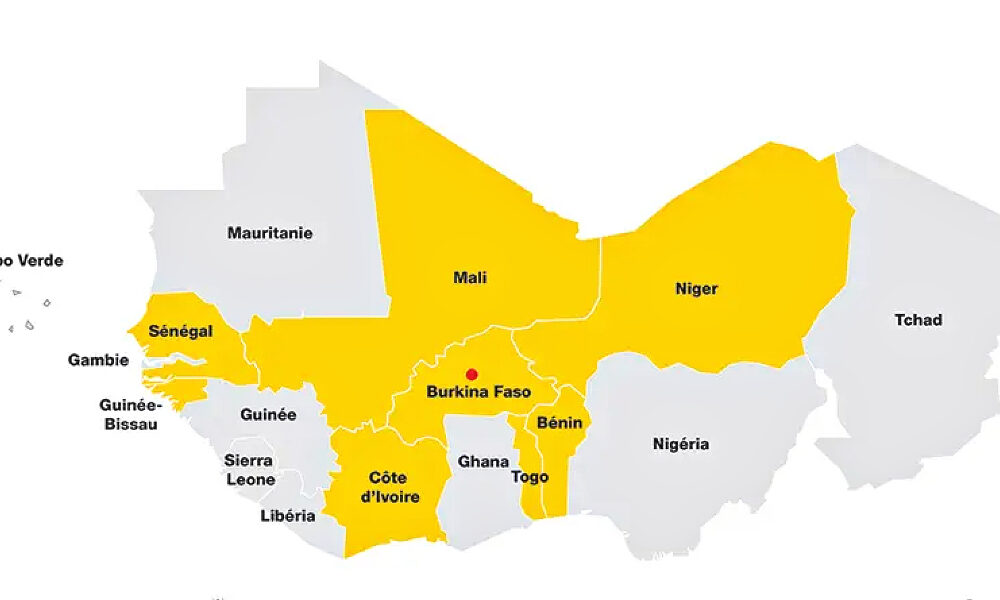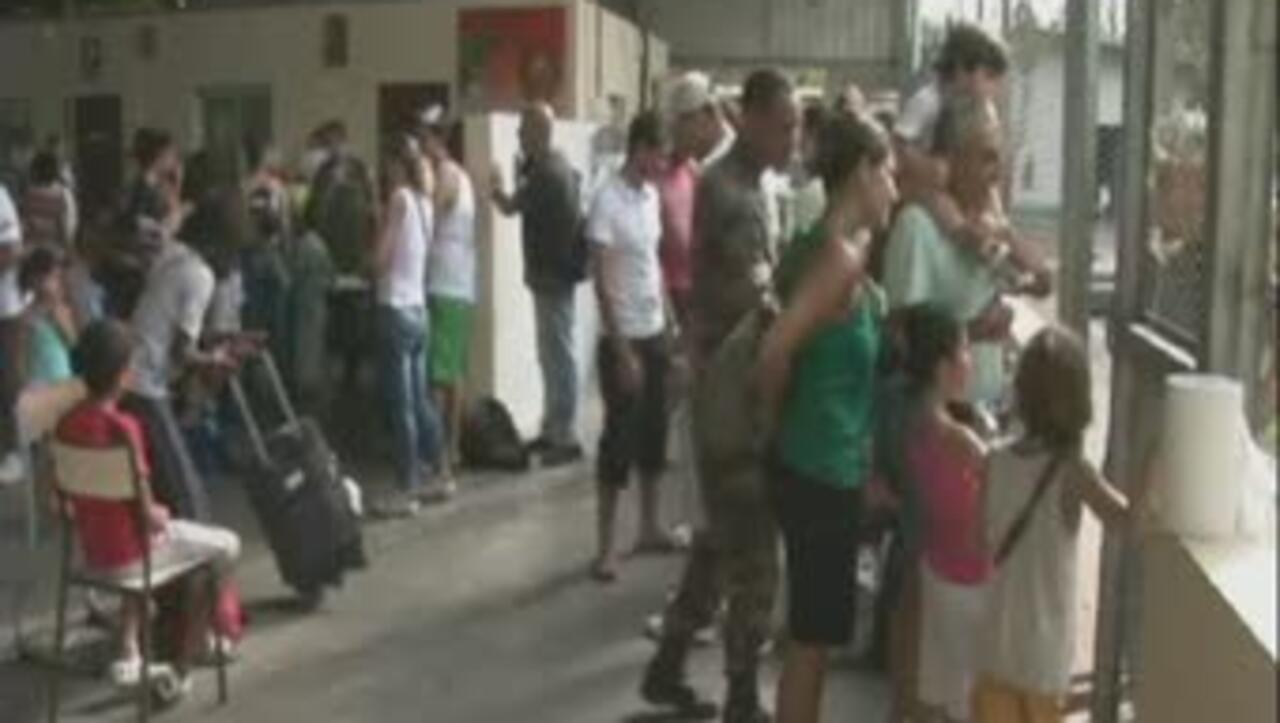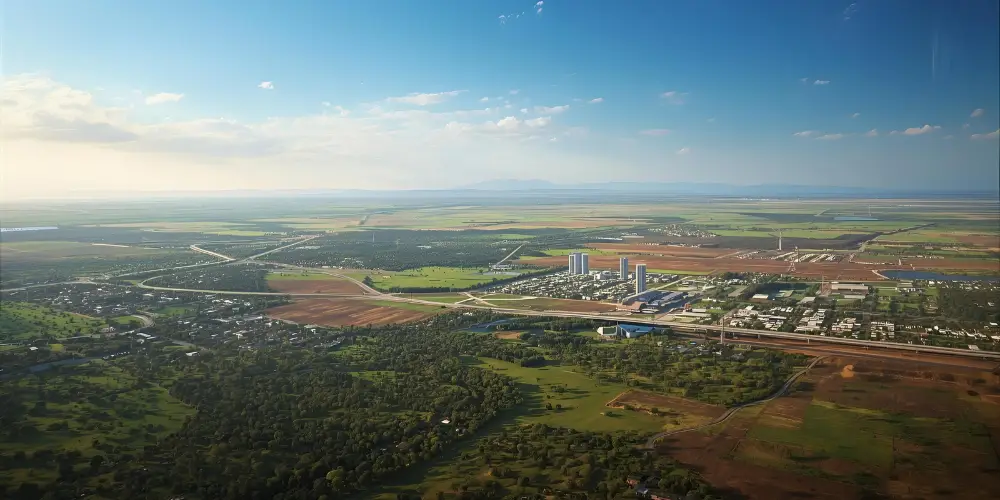WAEMU at a Crossroads: The Abidjan–Ouagadougou Tug of War Amid Economic Turmoil
Updated: July 2025
The West African Economic and Monetary Union (WAEMU/UEMOA) is facing intensified internal tensions, with Côte d’Ivoire (Abidjan) and Burkina Faso (Ouagadougou) locked in a political tug‑of‑war while the organisation grapples with economic headwinds: a persistent cash shortage, rising interest rates, sagging investments, and urgent reforms aimed at deeper integration.

💸 Cash Crunch & Rising Interest Rates
Banks across WAEMU are accumulating liquidity amid tightening money conditions. Though the BCEAO’s policy rate remains steady at 3.5%, real borrowing costs have surged to approximately 5.5%, reflecting underlying pressure . Interbank and marginal lending rates climbing near 7% signal caution even amid ample central bank reserves.
This cash squeeze poses challenges for businesses and governments. Credit growth is restrained—private sector lending rose only 6.3% by end‑2024, barely matching GDP growth—while sovereign yields are diverging, with Niger and Guinea‑Bissau offering more than 10% on shorter maturities
📉 Economic Indicators: Trade, Debt & Reserves
Despite tensions, WAEMU’s economic fundamentals show resilience:
- Trade balance narrowed sharply: The deficit fell from FCFA 1.59 trillion to just FCFA 297 billion between Q3 2023 and Q3 2024, thanks to a 19% surge in exports :
- Budget discipline underway: Fiscal deficit declined to ~4.5% of GDP in 2024 and is projected toward 3% in 2025
- Foreign reserves soared: The BCEAO’s reserves ballooned 42% to CFA 13.5 trillion by end‑2024—$\sim$US$23.4 billion—lifting confidence in the CFA‑euro peg
⚖️ Political Tensions: Abidjan vs Ouagadougou
The real test lies in the bloc’s internal politics:
- Leadership vacuum: After coups in Burkina Faso (Jan 2022) and Niger (July 2023), and the arrest of former Burkina Faso President Kaboré, WAEMU’s rotating leadership has been destabilised. Côte d’Ivoire now chairs the Council of Ministers
- Integration stalemate: Key reforms—like a renewed convergence pact and a single currency—have stalled amid member‑state disagreements :contentReference
- Sanctions repercussions: International sanctions and coup‑related pressures are undermining economic formalisation efforts critical to WAEMU’s revenue and cohesion
Still, most analysts believe the Union won’t implode: strong resilience mechanisms and mutual dependencies make disintegration unlikely :contentReference[oaicite:10]{index=10}.
🌍 Structural Challenges & Integration Goals
Beyond politics, WAEMU faces long-term hurdles:
- Low intra‑region trade (~10%) despite common currency and customs union
- Dependence on a narrow export base—cocoa (CI), gold (Mali), uranium (Niger), cotton (Benin/Burkina)—leaving economies vulnerable to price swings :
- High public debt (~59% of GDP), rising bank liabilities, and increased public stakes in banking sectors, notably Côte d’Ivoire doubling state-owned banking assets
- Financial inclusion gaps: stock markets (BRVM), insurance, and deeper capital mobilization remain nascent :
📊 IMF & BCEAO Outlook
The IMF praised WAEMU’s 5.1% 2023 growth, lower inflation (2–3%), but warned of reserves decline and fiscal leakage :contentReference[oaicite:15]{index=15}. BCEAO has held rates steady amidst inflation (4–4.4%) and signals patience, awaiting stable agricultural output and easing food prices
With rising reserves, policymakers now face a choice: loosen monetary policy to support recovery or maintain discipline to preserve the CFA peg
🚀 Scenario Outlook: Risks & Potential
Two contrasting paths lay ahead for WAEMU:
- Deepened integration: Reinstate convergence pact, launch single currency/“eco”, harmonize fiscal policies, enhance intra‑region trade, and mobilize private investment leveraging the BRVM and regional capital markets.
- Status quo fragility: Continued political vacuums, monetary tension, piecemeal reforms, and escalating inequality between stronger states (CI, Senegal) and fragile ones (Mali, Niger, Burkina).
Crucially, resolving leadership instability (mid‑2025) and forging consensus on reforms will determine if WAEMU can evolve into a resilient economic bloc or stall in stagnation.
🔗 Further Reading & Resources
- WAEMU (UEMOA) – Wikipedia
- Debt, Elections & Growth: WAEMU’s High‑Stakes Year
- BCEAO Policy Review & WAEMU Liquidity Report
- WAEMU Banks Stockpile Liquidity – Ecofin Agency
This post by africaintelligence.com
For more news visit our website




